Agriculture is the process of producing food, feed, fibre and other desired products by the cultivation of certain plants and the raising of domesticated animals. Since food is the most basic necessity for human survival, agriculture is of utmost importance and thus agriculture sector occupies prominent position in the global economy. In addition to food for humans and animal feeds, agriculture produces goods such as cut flowers, ornamental and nursery plants, timber or lumber, fertilisers, animal hides, leather, industrial chemicals, fibres, fuels and both legal and illegal drugs. More people in the world are involved in agriculture as their primary economic activity than in any other, yet it only accounts for four percent of the world’s GDP. Modern agriculture depends heavily on engineering and technology and on the biological and physical sciences. Irrigation, drainage, conservation and sanitary engineering, each of which is important in successful farming, are some of the fields requiring the specialised knowledge of agricultural engineers. In the modern world, the use of gene manipulation, better management of soil nutrients, and improved week control have greatly increased yields per unit area. Knowledge, both traditional and new, has been critical to meet the food needs of growing populations. Innovations in agriculture may also help address long-standing issues such as land degradation, and pests and disease control, as well as new challenges such as climate change and water scarcity. The success of agriculture development will depend largely on the support and participation of rural people, national governments, the private sector and international cooperation, including technical and scientific cooperation. This encyclopaedic work contains authoritative description of all vital aspects of agriculture. Divided into ten comprehensive volumes, it examines different areas of agriculture including agricultural planning, horticulture, animal husbandry, aquaculture, sericulture, tissue culture, agricultural economics, agricultural pollution, agriculture and rural development and status of agriculture in India. Supported by authentic facts and figures, this work will prove beneficial and useful for students, researchers, agricultural scientists and policy planners in agriculture and related fields.
Encyclopaedia of Agriculture (In 10 Volumes)
$520.20
$578.00
In stock
Free & Quick Delivery Worldwide
All orders amounting to US$ 50 or more qualify for Free Delivery Worldwide. For orders less than US$ 50, we offer Standard Delivery at $14 per book.
ABOUT THE AUTHOR J P Abhay Shankar
Dr. J.P. Abhay Shankar, was an agriculture professor for more than 30 years, retired in 2000. He taught classes in horticulture, sericulture, animal husbandry and aquaculture. He also taught courses about tissue culture, agricultural biotechnology and reproductive physiology. He encouraged many students to become successful agricultural scientists.Dr. Abhay has participated in many national and international seminars on agribusiness management. He currently provides guest lectures in course of food policy and agribusiness in various reputed professional institutions in India and abroad.
ABOUT THE AUTHOR Rajendra Reddy
Dr. Rajendra Reddy, a native of Hyderabad, received his masters degree in 1977 and his Ph.D. in agricultural economics in 1982. He has worked as a professor of agricultural businesses. Throughout his career he has been associated with a number of academic and research institutions.Dr. Reddy is the author of 10 books and over 25 articles on positioning firms and institutions in the global value added food system. He also has authored and supervised the development of over 25 impact studies on various private, public and cooperative firms and institutions in the global food system. Currently he is engaged in conducting research on the major biological packaging and informational revolutions.
reviews
0 in total
Review by Anonymous
Be the first to review “Encyclopaedia of Agriculture (In 10 Volumes)” Cancel reply
You must be logged in to post a review.
Bibliographic information
Title
Encyclopaedia of Agriculture (In 10 Volumes)
Author
Edition
1st ed.
Publisher
ISBN
8131101049
Length
2871p.
Subjects

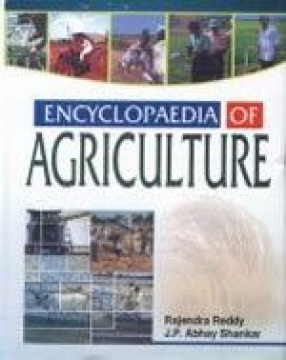
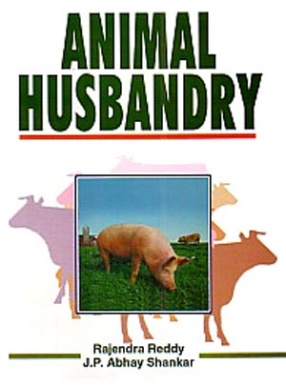
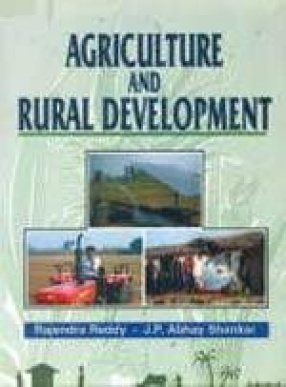
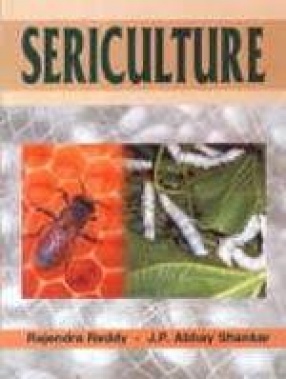
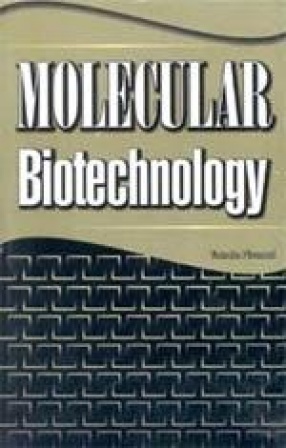
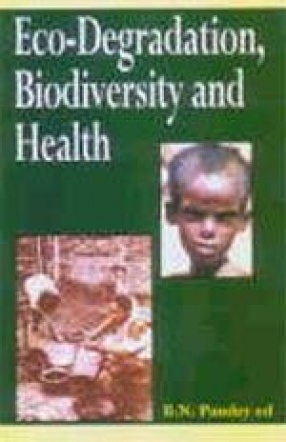
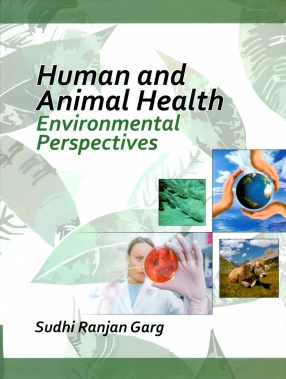
There are no reviews yet.